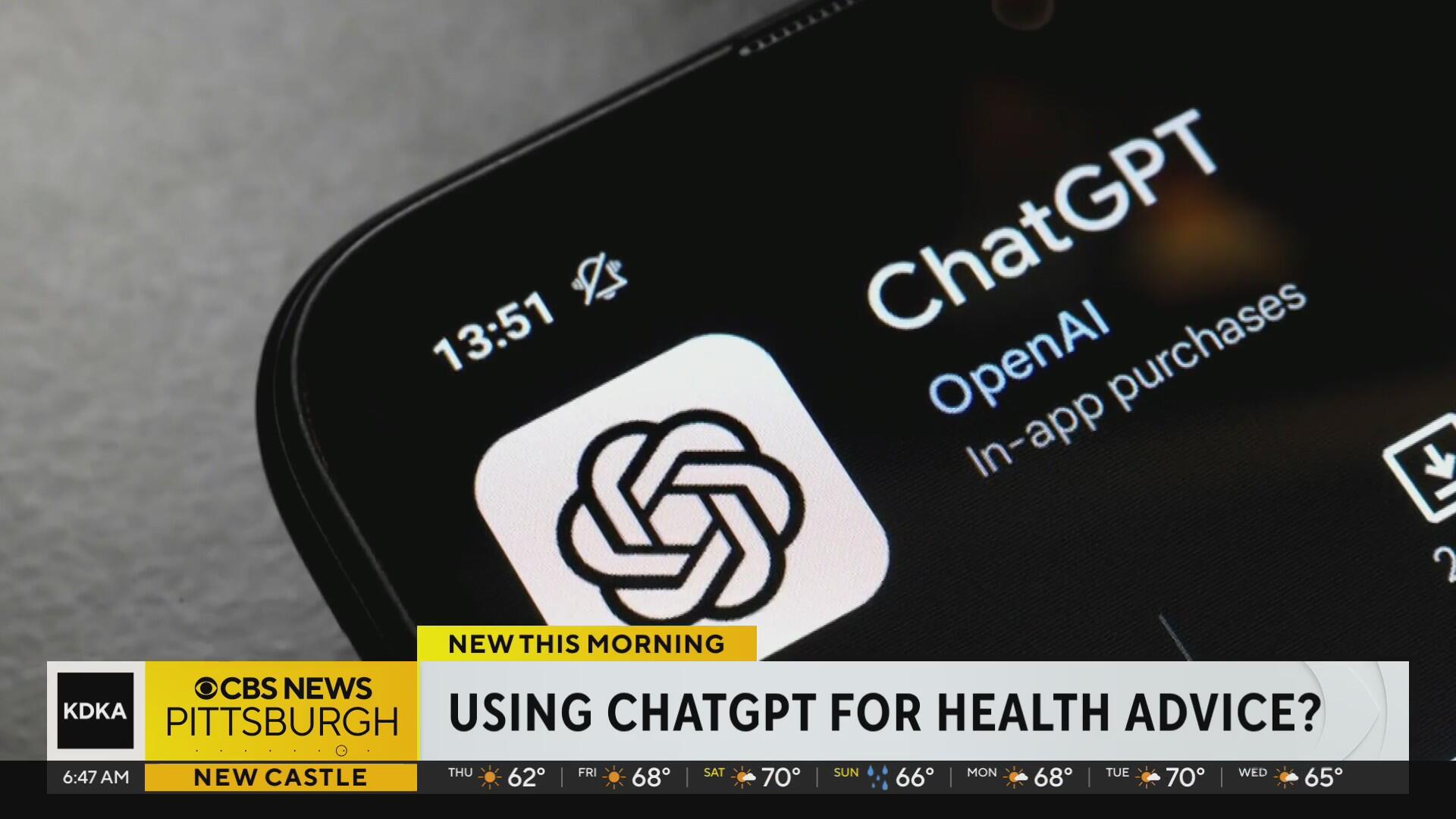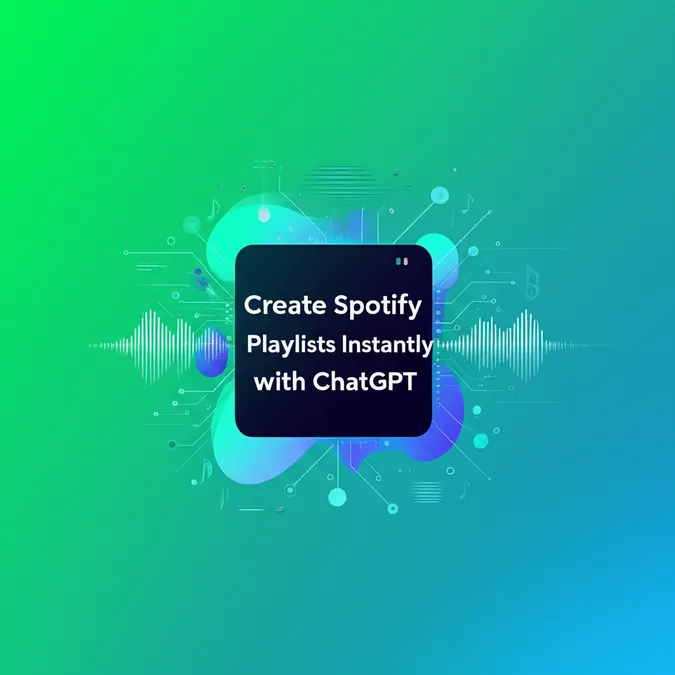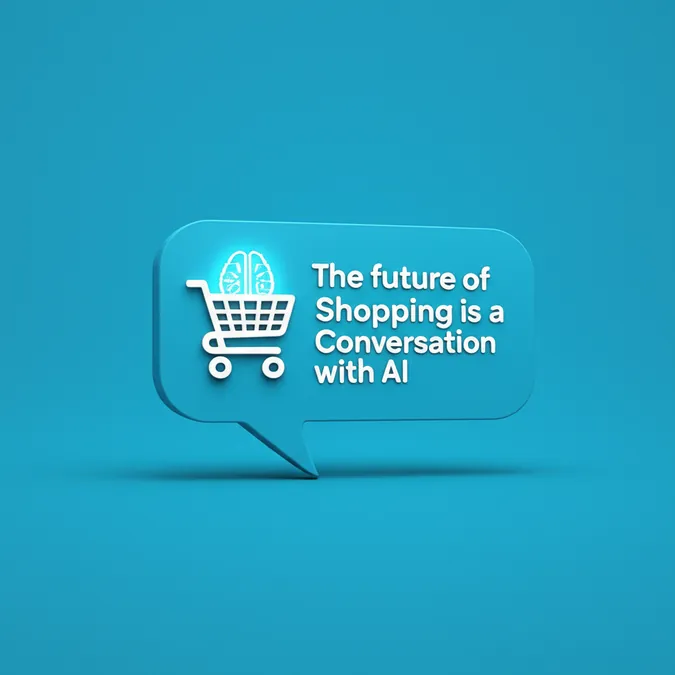Developer Offer
Try ImaginePro API with 50 Free Credits
Build and ship AI-powered visuals with Midjourney, Flux, and more — free credits refresh every month.
Why Using ChatGPT For Medical Advice Is A Risky Diagnosis
In today's digital age, turning to the internet for health advice is almost second nature. From a quick search on Google to consulting WebMD, we've grown accustomed to having a wealth of information at our fingertips. Now, with the rise of artificial intelligence, many are turning to tools like ChatGPT for instant medical answers. But is this practice safe?

A Doctor's Stern Warning on AI Diagnosis
While doctors are used to patients arriving with information from the internet, the reliance on AI for diagnosis presents a new level of concern. Dr. James Solava, AHN Medical Director of Information Technology, provides a clear and urgent caution.
"Should you trust what ChatGPT comes up with? No, never, you always need to verify that information," Dr. Solava advises.
He explains that AI models like ChatGPT can "hallucinate," meaning they can generate confident-sounding information that is completely incorrect. When it comes to your health, this misinformation can have severe consequences.
Why AI Can't Replace Your Physician
The fundamental limitation of AI is that it's not a sentient, experienced being. It lacks the critical thinking and physical senses of a trained medical professional. As Dr. Solava points out, AI is designed to please the user, which means it might just tell you what you want to hear rather than provide a hard but necessary truth.
More importantly, a chatbot cannot perform a physical examination.
"ChatGPT can't listen to your heart and ChatGPT can't listen to your lungs or feel your abdomen to see what's really going on with you," he says.
This in-person interaction is irreplaceable. A doctor can ask nuanced follow-up questions based on years of experience—what Dr. Solava calls the "art of medicine"—to uncover the root cause of an issue. An AI simply cannot replicate this complex diagnostic process.
When Seconds Count: A Matter of Life and Death
For serious symptoms, delaying professional medical care to consult an AI can be a fatal mistake. Dr. Solava stresses that for signs of a stroke or heart attack—such as chest pains, shortness of breath, or slurred speech—every second is critical.
"It could be life or death in medicine," he warns. "Time is critical, you're on the clock, you have to get to a health care provider to take care of that within a certain amount of time to have the best outcomes."
In these high-stakes situations, wasting time trying to self-diagnose with an AI is a gamble you can't afford to take. The information might be wrong, and the delay could be devastating.
The Bottom Line: Know When to Log Off
While using AI to research a minor ailment might seem harmless, it should never be a substitute for professional medical advice. Don't trust it to guide your self-treatment. When your health is on the line, the most intelligent choice is to step away from the keyboard and consult a human doctor who can provide the care and expertise you truly need.
Compare Plans & Pricing
Find the plan that matches your workload and unlock full access to ImaginePro.
| Plan | Price | Highlights |
|---|---|---|
| Standard | $8 / month |
|
| Premium | $20 / month |
|
Need custom terms? Talk to us to tailor credits, rate limits, or deployment options.
View All Pricing Details

